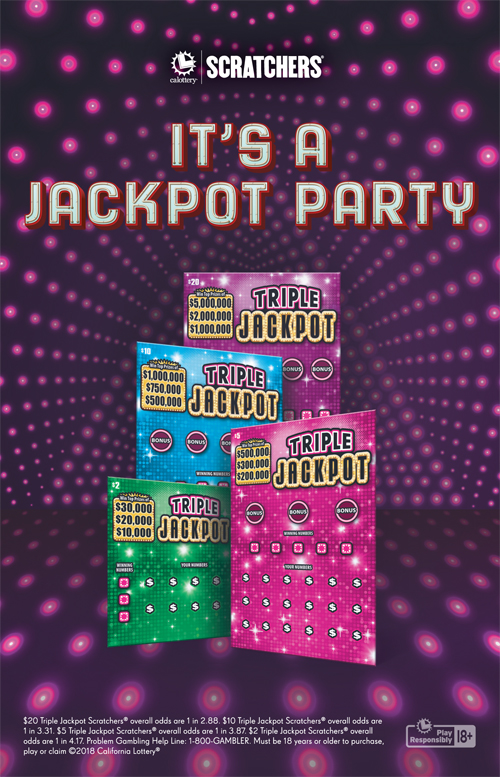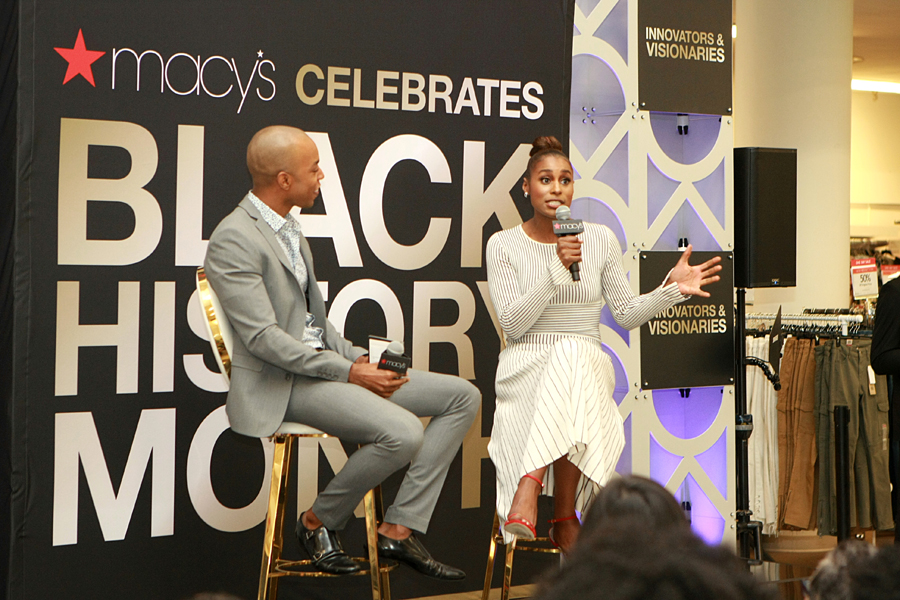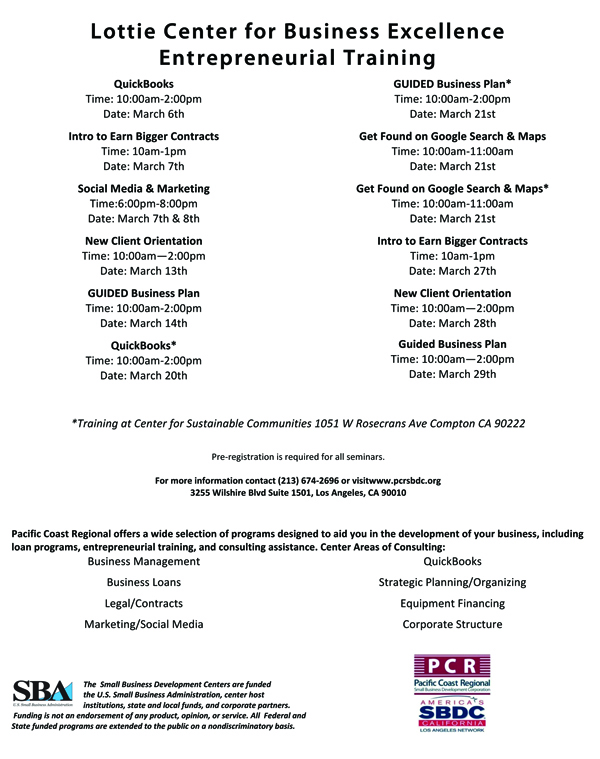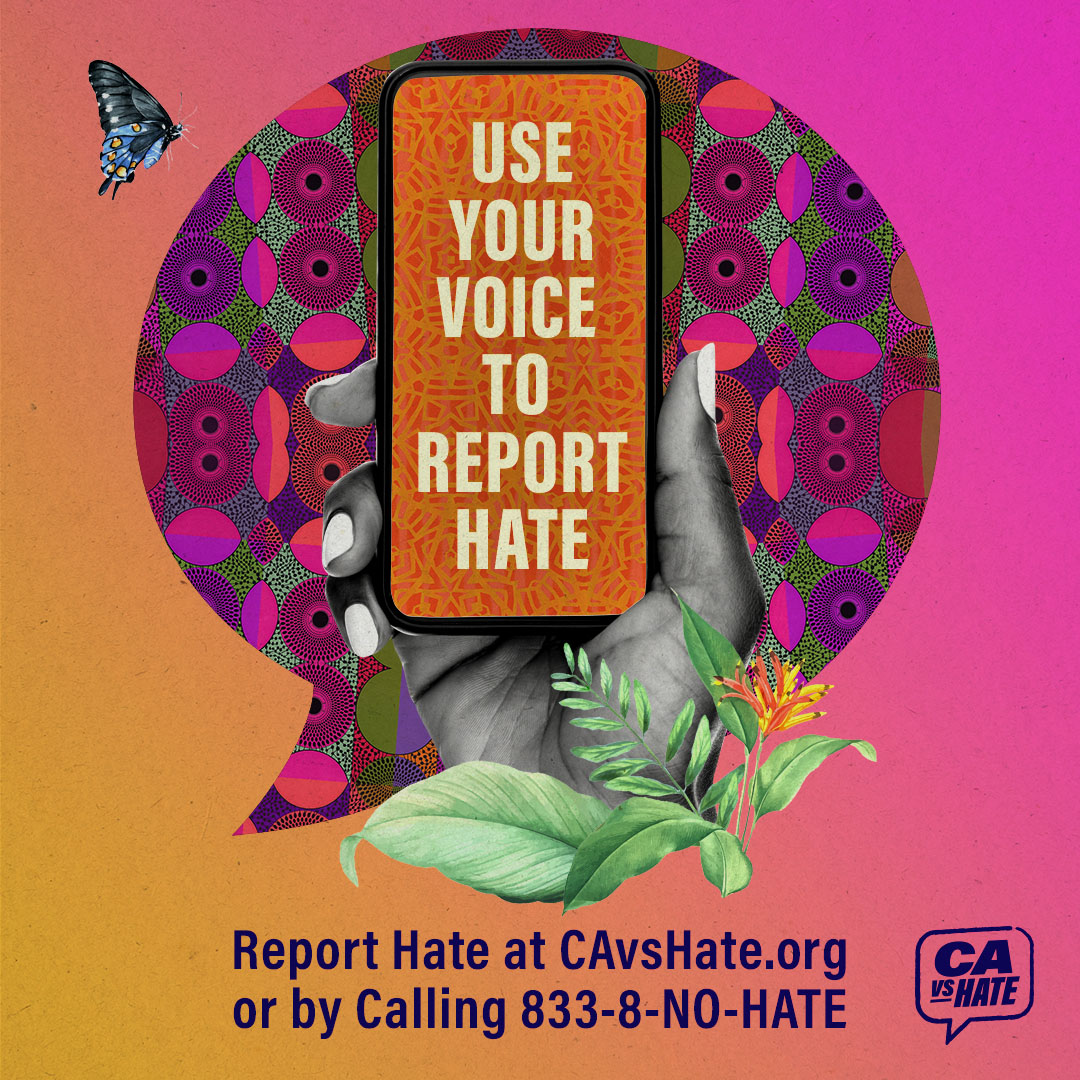The “Insecure” director, producer, and actress talks about the success Blacks are having in film; the backlash she received for saying, “I’m rooting for everybody Black;” and she gives advice to young filmmakers.
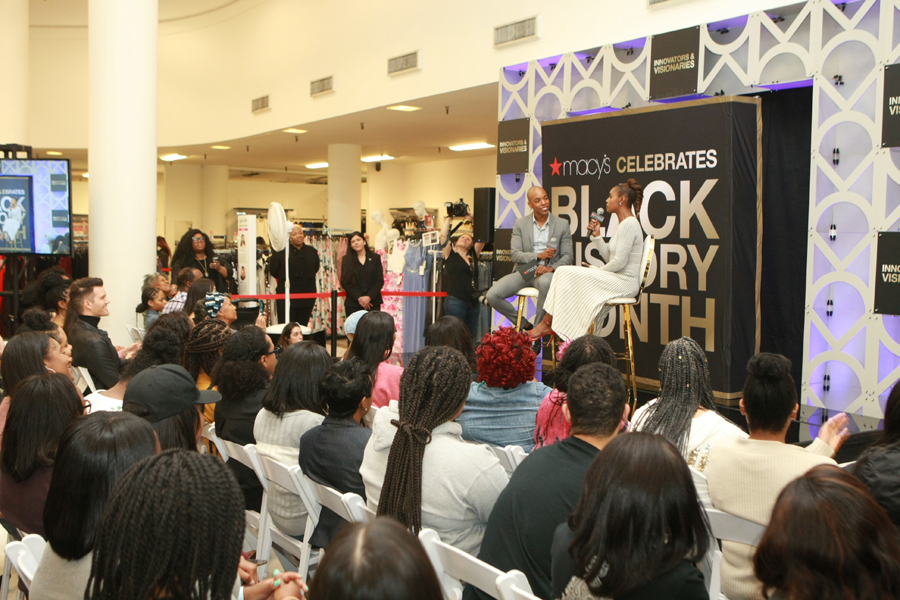
Video by BadCulture TV
By Jason Lewis
An excited crowd packed the lower level of Macy’s at the Baldwin Hills Crenshaw Plaza as producer/director/actress Issa Rae had an in-depth conversation about race within the film industry. Much of the anticipation for this event was because the crowd has a special bond with Rae, who grew up in the same neighborhoods and she frequented the mall throughout her childhood.
Host Emile Ennis, Jr. brought up several interesting topics, and Rae’s openness to display Black pride further endeared her to the crowd. Ennis started off by asking what Black History Month meant to her.
“I came from a family that raised us to be proud of who we are and where we come from,” Rae said. “I feel now that there’s a lot of pride associated with knowing about your culture, knowing about where you come from, and being public about that; not being afraid to speak out about that. You don’t have to whisper, ‘Black people are beautiful.’ Now people shout it out everywhere. ‘BLACK GIRL MAGIC!’ I feels that it’s resurfacing. Obviously that was prominent in the ‘70s culture, and the Black Power movement. To see that happen again and in a new way, and openly reflected in our films, in our TV shows, and in our music, it’s so refreshing. And I’m so proud to be a part of it this time.”
Ennis asked Rae about a recent controversy, where she made it clear on the Emmy’s red carpet that she was “…rooting for everybody Black.”
“I know that people share that sentiment, and I feel that it’s been said out loud before.”
Rae went on to tell the audience that she received a lot of backlash on social media from some White people who called her racist over her comment.
“White people don’t know what racism is,” she said. “They really don’t know the definition of it, because I’ve never been called racist so many times. But that wasn’t a racist statement. If someone had said, ‘I’m rooting for all the Latino people,’ if someone had said, ‘I’m rooting for all the women,’ if someone had said, ‘I’m rooting for all the gays,’ I would have said, ‘Yeah, do you. Yes!’ So if you have a problem with my statement, it’s literally your problem.”
Ennis brought up the success that Black Panther is having, and asked Rae why it took so long for Black films and television shows to become accepted by executives and mainstream audiences.
“I think it aways comes down to money,” Rae said. “There’s always been that perception that Black stories don’t sell, that they don’t do well. Especially abroad. I think in the film and television industry it became about selling these stories abroad. Like, ‘What are the Chinese going to want to see in the theaters. What are the Italians and what does the European market think? They’re not going to want to see Black leads.’ We’ve continued to prove that wrong every single time. So that has definitely helped executives to say, ‘Oh, well maybe it does sell, lets meet some new voices. Lets try to do what Shonda (Rhimes) did with Kerry (Washington in “Scandal”). Lets try to replicate that.’ Then they’re finding that’s it’s not enough to replicate what Shonda did with Kerry by hiring, you know, Bill and Jim (White actors). To do it, you have to get voices that actually lived those experiences to tell authentic stories. I think what we’re seeing now is people taking the reins and telling their own stories. And people are appreciating that. They’re hungry to see these authentic stories and experiences that we haven’t been seeing (in television and film) this whole time.”
Rae’s success with HBO’s “Insecure” has led to her creating two new series. Her two upcoming projects are “Sweet Life,” which is set in Windsor Hills, and “Him and Her.” Ennis asked her about her journey from being a struggling filmmaker at Stanford University to one of the biggest stars in Hollywood.
“I tried to break into film initially with a writing partner in college,” Rae said. “We took time off of school to try to sell this script, and we were just told that we didn’t have an audience, or that we needed to be multicultural. Which was code for put in some White characters, then you’ll have a shot. So that was really discouraging.”
As she was finishing college, Rae made her first web series on a whim.
“The first web series that I ever made came about because I was in the bathroom, trying to avoid writing this paper, and I got on Facebook and thought that it would be so cool to do a soap opera of what it was like to be Black at Stanford, kind of like a mockumentary,” she said.
The series received a lot of attention on social media, and it allowed Rae to express herself instead of conforming to industry demands.
“I’m not entering contests, I’m not asking anybody to give me chance to make this,” she said. “I’m not getting told no, that this doesn’t have an audience, or make it multicultural. People are just watching it and enjoying it. So I thought that maybe there was something there.”
Rae created two web series and tried to market them to television networks, but she was still met with the same response, even though she now had an audience.
“By the time I created ‘Awkward Black Girl,’ I was like, I’m not even going to try to take this to television, because if they didn’t take a college show, and they didn’t take these three funny guys, I know that they aren’t going to mess with something called ‘Awkward Black Girl,’” she said.
Surprisingly, “Awkward Black Girl” was the show that took off and led to “Insecure.”
Ennis asked Rae what advice that she would give to young filmmakers.
“Work with the people who are in your dorm rooms, work with the people who are next to you,” Rae said. “Like, literally every friend I’ve met from middle school, from high school, and college, they’ve all been in my content. They’ve all pitched in some sort of money, they’ve helped with food, whatever, to help me bring projects to fruition. And I’d do the same for them in a heartbeat. Tapping into them is what’s really helped me be here today.
“School is such a bubble. You’re surrounded by so many talented, smart, capable people. So you’d be foolish not to reach out to them and work together.”
Rae also advised people to study the film industry.
“Read a lot of scripts,” she said. “Watch a lot of comedy shows. See what you’re doing differently. You’d be surprised how many people have an idea that they think is original, but everybody is pitching that idea. What is your take on it? What makes it different? I think that watching and reading a lot, you’ll find what your voice is specifically, and how you can stand out.”
After the conversation with Ennis was over, Rae stuck around and took individual photos with every member of the audience.
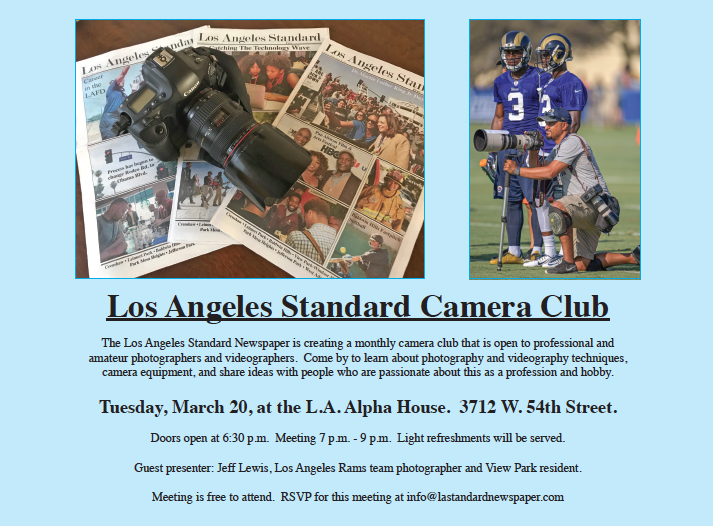

www.joinlapd.com www.joinlafd.org
Looking to start a small business? Contact Pacific Coast Regional Small Business Development Corporation.
